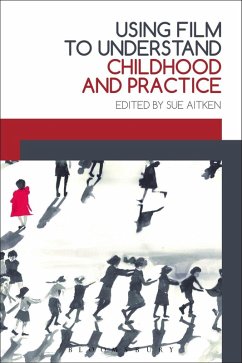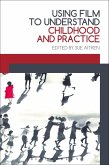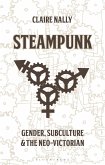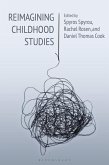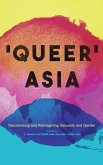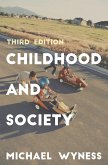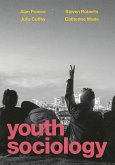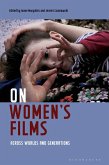Using Film to Understand Childhood and Practice is an innovative and lively text which allows complex and challenging issues within childhood studies to be explored using the medium of filmed drama. By utilising popular culture, this book provides accessible narratives to students and lecturers needing to engage with complex theoretical ideas. In exposing theories to tangible situations often from more than one perspective in films, readers are helped to identify and recognise how theories about children and childhood can be applied.
Each chapter uses a specific film to provide the basis for discussion in order to explore and analyse key concepts within childhood studies which include identity, social construction, families, political and biological narratives, children's rights and participation. A range of international films are used including Charlie and the Chocolate Factory, Rabbit Proof Fence, The Hunger Games and The Red Balloon. First introducing the theoretical perspective to be discussed, chapters also include a contextual explanation of the film and list the specific scenes that will be used to guide students through. Concluding with discussion questions, students are asked to consider how the theories discussed might be translated in to their own experiences of children, childhood and practice.
Not only supporting understanding of core principles and key ideas across any childhood studies degree, this book supports students throughout their university career and beyond by engaging with the journey of becoming a graduate as well as discussion of workplace issues and concepts after graduation.
Each chapter uses a specific film to provide the basis for discussion in order to explore and analyse key concepts within childhood studies which include identity, social construction, families, political and biological narratives, children's rights and participation. A range of international films are used including Charlie and the Chocolate Factory, Rabbit Proof Fence, The Hunger Games and The Red Balloon. First introducing the theoretical perspective to be discussed, chapters also include a contextual explanation of the film and list the specific scenes that will be used to guide students through. Concluding with discussion questions, students are asked to consider how the theories discussed might be translated in to their own experiences of children, childhood and practice.
Not only supporting understanding of core principles and key ideas across any childhood studies degree, this book supports students throughout their university career and beyond by engaging with the journey of becoming a graduate as well as discussion of workplace issues and concepts after graduation.

